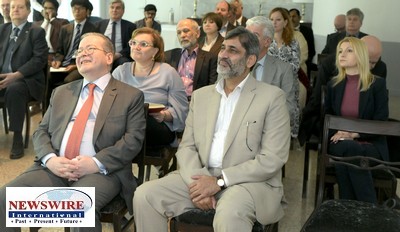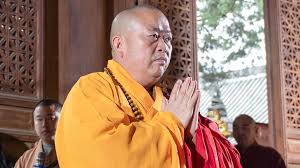Pakistani are generally optimistic: Ipsos survey
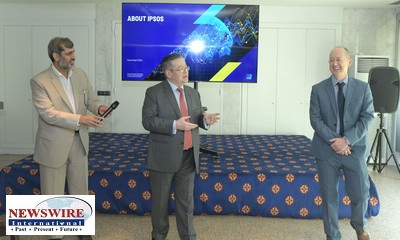
French Ambassador Nicolas Galey hosts launch
Celina Ali
Islamabad: Pakistani are generally optimistic and possess a unique combination of traditional values, such as a strong emphasis on family and religion, a sense of nostalgia for the past, and a notable awareness of social status.
This awareness is often demonstrated through their appreciation of material possessions, global brands, and career accomplishments.
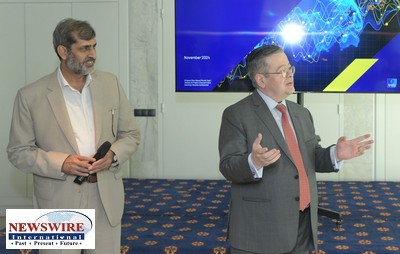
These are among the main social trends currently observed in Pakistan, as identified by a recent survey conducted by the think tank Ipsos. This “Ipsos Global Trends” survey, which covered 50 countries including Pakistan and India, revealed valuable insights into the attitudes and beliefs of Pakistanis. Abdulsattar Babar, the Managing Director of Ipsos, and Simon Atkinson, Chief Knowledge Officer, presented the Pakistan-specific findings of the survey during a session hosted by French Ambassador Nicolas Galey. The gathering included diplomats, media professionals, representatives of civil society, and academics.
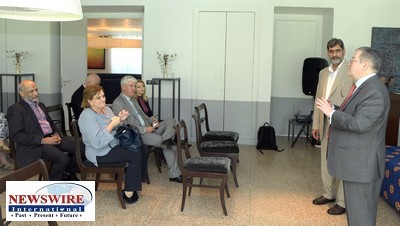
The presentation offered a detailed view of the values and beliefs held by Pakistanis and how these compare to global trends. Conducted through 50,000 interviews across 50 countries representing 90% of global GDP and 75% of the world’s population, the survey provided a broad perspective on various nations, including Pakistan.
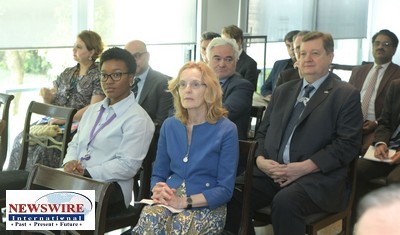
Attendees included ambassadors from Germany, Italy, Portugal, Bulgaria, and the Netherlands, along with diplomats from the US, the UK, and others. They engaged in thoughtful discussions, posing questions about the evolution of relationships among people and nations and how these relationships are driven by people’s passions and motivations. Media professionals, however, were particularly focused on Pakistan, asking about the responses from Pakistanis to the questionnaire designed by Ipsos’ experts. The same questionnaire was distributed in all 50 countries, and in Pakistan, approximately 1,000 people from various regions and backgrounds were surveyed.
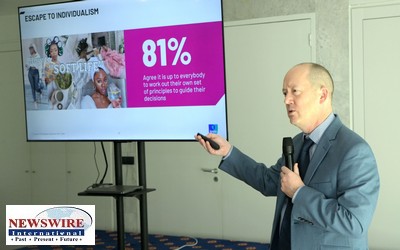
The survey findings did not present an entirely idealized view of Pakistani society. They revealed, for example, that Pakistanis hold relatively conservative views about the roles of women in society, often limiting these roles to those of wife and mother. Mr. Atkinson pointed out that similar views were observed in India. However, in some other Muslim countries, attitudes toward women are more liberal, with women actively participating in society with greater confidence. This difference suggests that such views may be more cultural than religious.
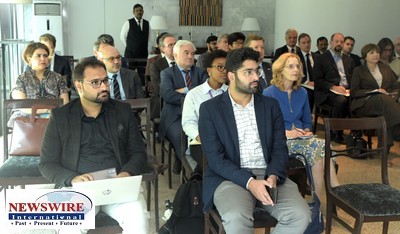
One positive aspect highlighted by the study is Pakistanis’ openness to adopting new technology. They also generally expect longer life spans and tend to prioritize physical health over mental health. Although concerned about discrimination, Pakistanis are generally more optimistic and happier than the global average. Despite their distinctive traits, they share global concerns over wealth inequality, the value of quality customer experiences, the importance of personal freedom, and a focus on the present—likely due to an uncertain future.
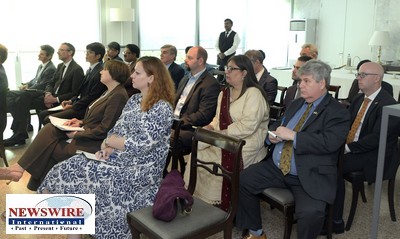
A major takeaway from the study is the potential to leverage technology, social media, youth, and the role of women to address social divisions, economic inequalities, and climate-related issues. The study underscores the importance of building brand trust and utilizing the nation’s inherent optimism as key resources for fostering a more inclusive and resilient future for Pakistan.
